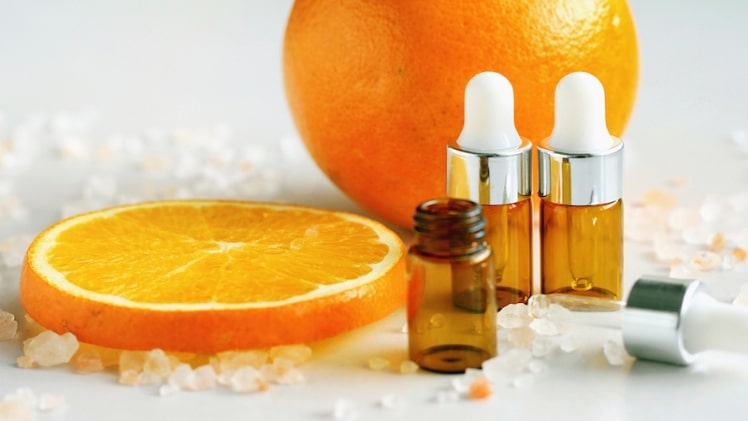“It’s fun to stay at the Y.M.C.A” is not just a tune that is hard to get out of your mind, but it is also a good acronym for to remember 4 very important ingredients that you should consider for your skincare routine.
Before starting off, you should read with your skin type in mind. Some people have dry skin, some have oily. Similarly, some have sensitive skin, and some have more robust skin. It is important that you know these nuances of your skin before trying any skincare routine.
Furthermore, always patch test. If your skin does not have tolerance for the product applied, and since the test in conducted on a smaller area, any adverse reaction can then be catered to quickly and without much damage.
If you have special skin conditions like eczema, psoriasis etc., you should confer with the Best Skin Specialist in Lahore before opting for the skincare products.
So, what does our version of Y.M.C.A stand for?
Y for yogurt
Yogurt is not just great for your diet, but it can also be good for your skin as well. Since it contains lactic acid, it offers gentle exfoliation, so removes the dead skin from the face, which then helps in improving the complexion as well.
Similarly, yogurt can also help in brightening the face. It also is a good moisturizer, which then helps in keeping the skin supple.
The probiotics in yogurt can also help with acne-causing bacteria, and so help in controlling the outbreak of zits as well. As it helps in curbing the bacterial attack, it also then aids in soothing the inflammation that is the hallmark of acne.
Another advantage of yogurt is that it can help in making the skin even by dealing with redness and hyperpigmentation.
You can DIY several yogurt masks by mixing it with honey, turmeric, and banana. Due to its acidic content, always use it with caution.
M for moisturizer
If there is one staple item that you should have in your skincare routine, it is a good moisturizer. They not only restore moisture to your skin, but it also helps in improving the texture as well.
A well-hydrated skin can keep signs of aging at bay for longer. It also prevents the skin from becoming dry and breaking, which can cause skin infections then.
Vitamin C
An excellent antioxidant, vitamin C helps in preventing the skin damage caused by the free radicals. It also helps in making the skin brighter and more radiant.
Vitamin C also helps in boosting collagen production, which is a skin protein that keeps in looking youthful, taut and improves its texture as well. Similarly, vitamin C also helps in dealing with hyperpigmentation, thereby giving you an even skin tone. It can also fight against melasma as well.
For people who have inflammation-prone skin, vitamin C can be godsend. Moreover, it also helps in keeping the skin hydrated. While taking vitamin C via diet is important, but for it to work for you skin, topical application is crucial.
You can then use vitamin C serums in this endeavor.
Aloe Vera
A wonder plant, Aloe Vera is also great for the skin. It is great for dealing with dry skin. Its moisturizing properties are especially helpful for those with acne, as its gel formula does not compound the problem of oily skin.
Moreover, aloe vera is also a good remedy for if your skin gets sun burnt easily. It also helps in healing, so any wounds to the skin can easily be dealt with via aloe vera. It also has good anti-inflammatory properties, which is helpful in preventing redness and is also great for those suffering from acne as well.
Aloe vera can also work for skin conditions like eczema, psoriasis, acne etc. However, before its use for treatment, confer with the Best Dermatologist in Karachi.

